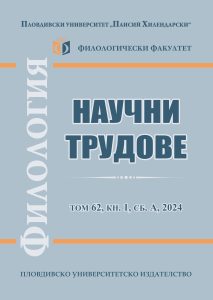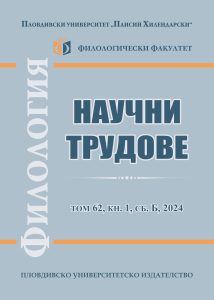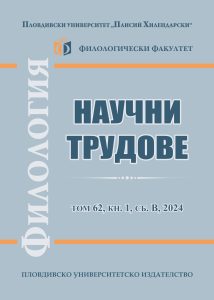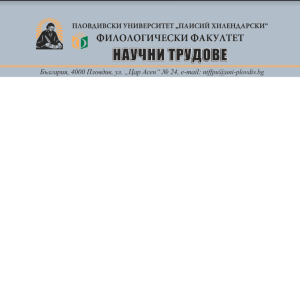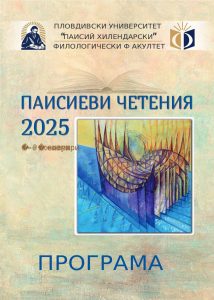VOL. 61, BOOK 1, PART B, 2023, pp. 315 – 324 Full text (Es)
Author: Boriana Dukova
Affiliation: Paisii Hilendarski University of Plovdiv
Abstract
The provided text discusses the translation of colloquial, vulgar and historical-cultural expressions in literary works, specifically focusing on three novels penned by the Spanish writer Arturo Pérez-Reverte. The analysis emphasizes the importance of conveying connotative values and secondary meanings present in phraseological units (UFs). The conclusion underscores the positive practice of translators who go beyond conventional meaning of the UFs, seeking equivalents that capture the nuances and stylistic elements of the original language. It suggests that the successful transmission of connotative meanings is a crucial criterion for a translation to be considered comprehensive and satisfactory.
Key words: Pérez-Reverte, phraseology, idioms, translation


